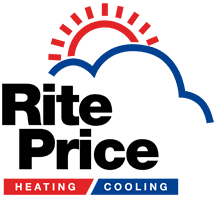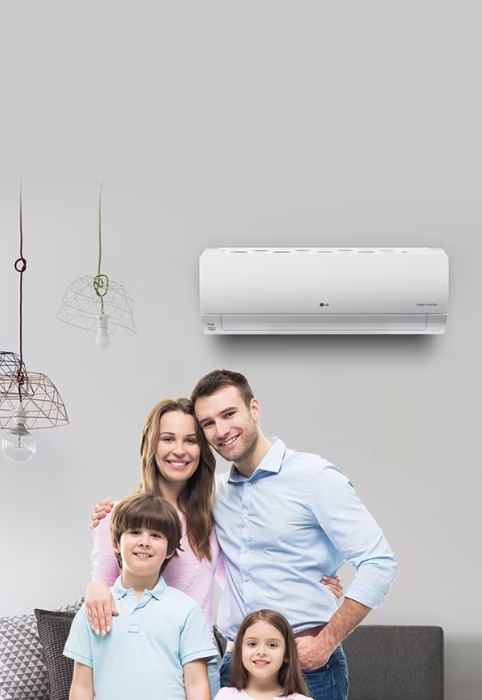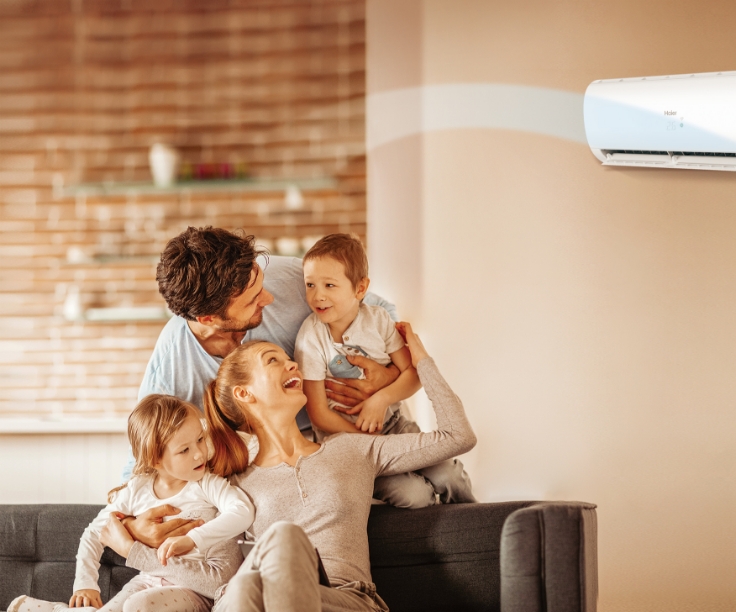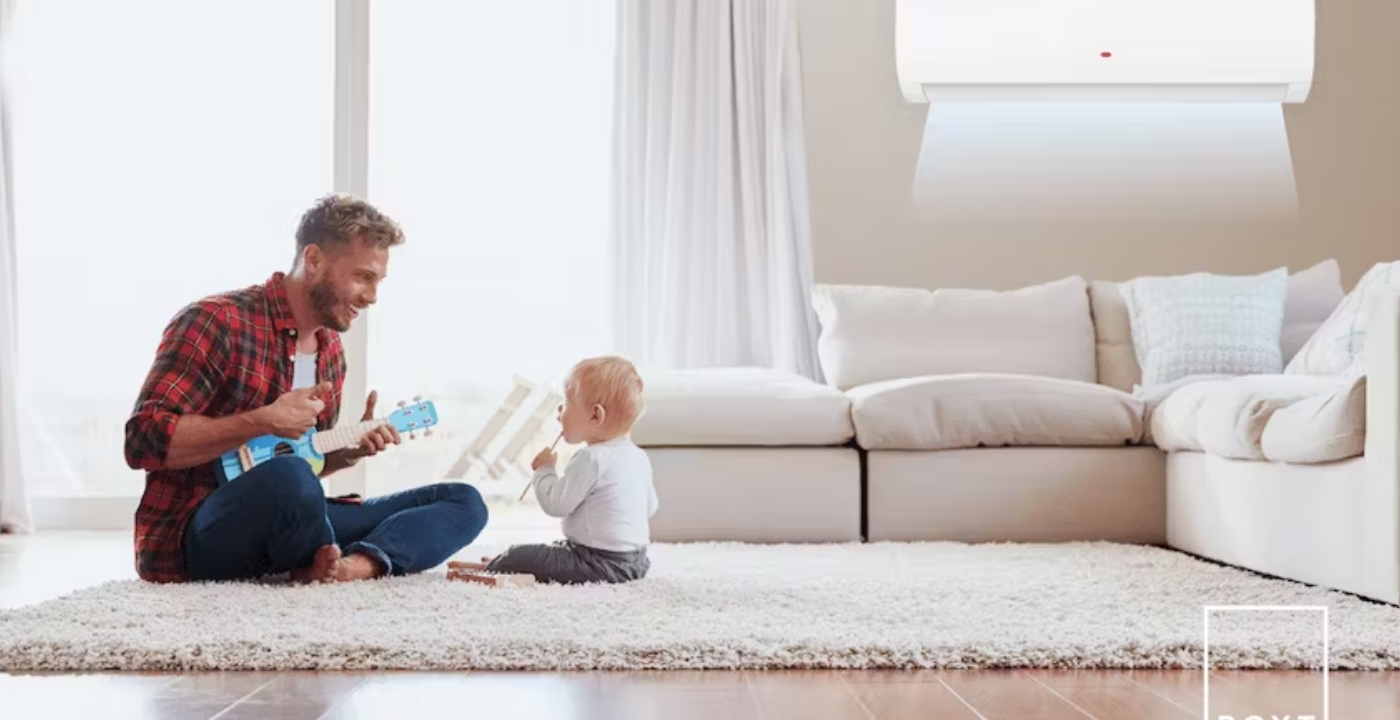10 Detrimental Air Conditioner Mistakes You Must Avoid
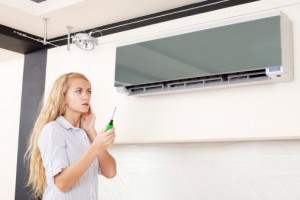
Air Conditioner That is Poorly Sized
Bigger is better is the code word of the 21st century, however that’s not the case when you are planning on getting an AC that will serve you a life time. As a matter of fact, if your Air Conditioner is oversized, you run the risk of having an inefficient air conditioning system that will cycle on and off during operation. This on and off power mode will affect the power usage of your air conditioner thus causing your family an uncomfortable temperature changes. You may think since an oversized air conditioner is a bad idea, well let opt for an undersized one. The truth is; an undersized air conditioner is as bad as oversized AC. When you make the mistake of purchasing an undersized air conditioner you are also at the risk of running an air conditioner that will not provide your home with the cooling effect you paid for. Not only that you will not get the value for your money, but also your air conditioner will wear itself out within a very shot period. Either case is a sure ticket to an expensive AC repair down the road.
If you think getting a new Air Conditioner is what you need, make sure your contractor does a complete load calculation to determine exactly how much cooling capacity your home needs. The best people in the business to get this accurately is Rite Price Heating and Cooling air conditioning specialist. By taking square footage, layout, insulation and load-generating appliances into account, our professional technician can find your home’s cooling load and recommend an Air Conditioner that is perfectly sized to meet your cooling need.
Poorly Positioned Air Conditioner
There is a whole lot that goes into having an efficient AC in your home. And only expert with years of on field experience can get this done accurately. One of the many things that need consideration is the location of your Air Conditioner. This is because the location of your Air Conditioner has a big impact on its energy efficiency.
While it may seem convenient to put your bulky Air Conditioner system in an unused corner on the west side of the house, that placement will force the machine to work harder to cool your home. Instead, find a shaded cool spot to put the Air Conditioner. This will help reduce the direct sunlight your Air Conditioner will be exposed to. This is because the lesser the direct sunlight the lesser the power it will consume in the effort to cool your home. Also, Remember that window-mounted Air Conditioner should also be tilted back slightly to allow for proper drainage.
Exposer to direct sunlight is one way to positioning your Air Conditioner for efficient delivery. Blocking shrubs however is another way and important way of positioning your air conditioner for an effective cooling delivery. You must make sure your AC isn’t blocked in by shrubs or other objects.
As unsightly as it may be, leaving the outdoor unit free to breathe will improve ventilation and help it run more efficiently. Finally, make sure the thermostat is positioned away from lamps and other appliances that create heat; if the thermostat gets too hot, it may incorrectly control your Air Conditioner.
Running Your Air Conditioner All Day Long
Some homeowners enjoy leaving their air conditioner running all day and night long. While there is nothing wrong with this habit, your energy bills however will not be on the low side on the next bill. It is always advisable to leave your thermostat up if your house will be empty for most of the day. And then leave it down again before you leave in the morning. Most air conditioning system need just a few minutes to cool your home. Therefore you shouldn’t be spending unnecessary energy when you are not home to enjoy it.
Also, it can be a good idea to shut your Air Conditioner off overnight. Your body can tolerate higher temperatures when asleep than when awake; moreover, leaving your Air Conditioning unit idle as temperatures fall helps to prevent freezing up in the morning. Consider investing in a programmable thermostat to take the work out of this temperature manipulation.
Shutting Your Air Conditioner Down
Give your air conditioner short breaks between periods of heavy use to protect performance and prevent overworking the system.
However, leaving your air conditioner off for long periods can negatively affect performance and lead to potential issues.
If your home stays vacant, avoid shutting your unit off entirely without occasional use to maintain air quality and function.
Idle air conditioners may develop mold and deteriorate internally due to stagnant air and moisture buildup over time.
Run your unit for at least a few minutes daily to keep it healthy and maintain indoor air quality.
Upgrade to a Wi-Fi Thermostat
If you’re leaving home for an extended time, upgrade to a Wi-Fi thermostat for remote access and system protection.
Wi-Fi control systems let you turn your AC on and off from anywhere using your smartphone or tablet.
Enjoy the convenience of arriving to a cool home by activating your AC remotely before heading back.
Setting Your Air Conditioner Thermostat Wrongly
We all want our homes cool the moment we walk in—but your air conditioner doesn’t work like magic.
Don’t set your thermostat lower than needed to cool faster—it won’t speed cooling and wastes energy.
For example, don’t set it to 21°C when you’re comfortable at 25°C—it overcools and raises energy consumption.
Overshooting your desired temperature only increases discomfort and leads to energy inefficiency.
As a rule, keep your thermostat between 24°C and 26°C for ideal comfort and power efficiency.
Each degree of adjustment affects energy usage by about 7%, so even minor changes can reduce your utility bills.
You Might Want to Keep Your Ceiling Fans
Many assume ceiling fans aren’t needed if you have an air conditioner, but that’s not entirely true.
Ceiling fans complement air conditioners by circulating cooled air, making your space feel cooler and more comfortable.
This partnership increases cooling efficiency and reduces your air conditioner’s workload—extending system life and saving energy.
To maximize efficiency, choose Energy Star rated ceiling fans and set them to downflow mode during the cooling season.
Some fans allow reversing airflow during winter to support heating systems and improve room comfort.
Regularly Change Your Air Conditioner Air Filter
Your air conditioner’s filter removes dust and debris from air before it circulates through your home.
Filters naturally clog with use and should be cleaned or replaced regularly—typically once per month for standard units.
High-efficiency filters may last longer, but still require periodic cleaning to maintain airflow and system performance.
Clogged filters can cause issues like reduced efficiency and even frozen coils, leading to expensive repairs.
If your AC uses a reusable filter, rinse it with cold water and let it air dry fully before reuse.
Avoid wiping filters, as this may damage the surface and reduce dust-trapping efficiency.
Use filters specifically made for your model—avoid poorly fitting generics that harm system efficiency and performance.
Avoid Letting Outside Air In When AC Is On
Leaving windows or doors open while the AC is running drastically reduces efficiency and strains your system.
Outside air forces your air conditioner to work harder to remove humidity and cool your home.
Whether it’s hot daytime air or cool night air, open windows interfere with balanced indoor temperatures.
Use kitchen or bathroom exhaust fans sparingly—they push out conditioned air and add unnecessary strain on your unit.
Provide Timely Maintenance for Your AC
Air conditioners run for long hours, but they still require regular maintenance to perform at their best every season.
Schedule at least one professional maintenance check per cooling season to catch minor issues before they become costly repairs.
A qualified technician will inspect, clean, and calibrate your system for peak efficiency and smooth operation.
In between professional services, perform home maintenance like changing filters and checking for air leaks or moisture buildup.
Inspect your window seals, flush drain channels, and monitor refrigerant levels to detect issues early.
A small investment in prevention now avoids bigger repair costs and prolongs the life of your air conditioner.
Repair Negligence
Negligence is one of the highest factor of disaster. So many times we overlook the little things that require simple and cheap repairs in our homes just to end up in disaster or higher price break down. Most especially in the middle of a busy day, it is easy to just put off a rattling sound of a breaking air conditioner. In reality, these visible or audible issues are usually signs of bigger problems lurking just beneath your Air Conditioner cover. Your air conditioning unit represents a significant investment in your home comfort, so protect that investment. At the first sign of trouble, check your unit for any signs of significant problems, or give Rite Price Heating and Cooling specialist a call for an easy fix.
At Rite Price Heating and Cooling, we have a network of HVAC professionals trained to handle any of your HVAC needs. Choose one of our dealer in your area for A+ customer service and expert advice on HVAC products, repairs and maintenance.
